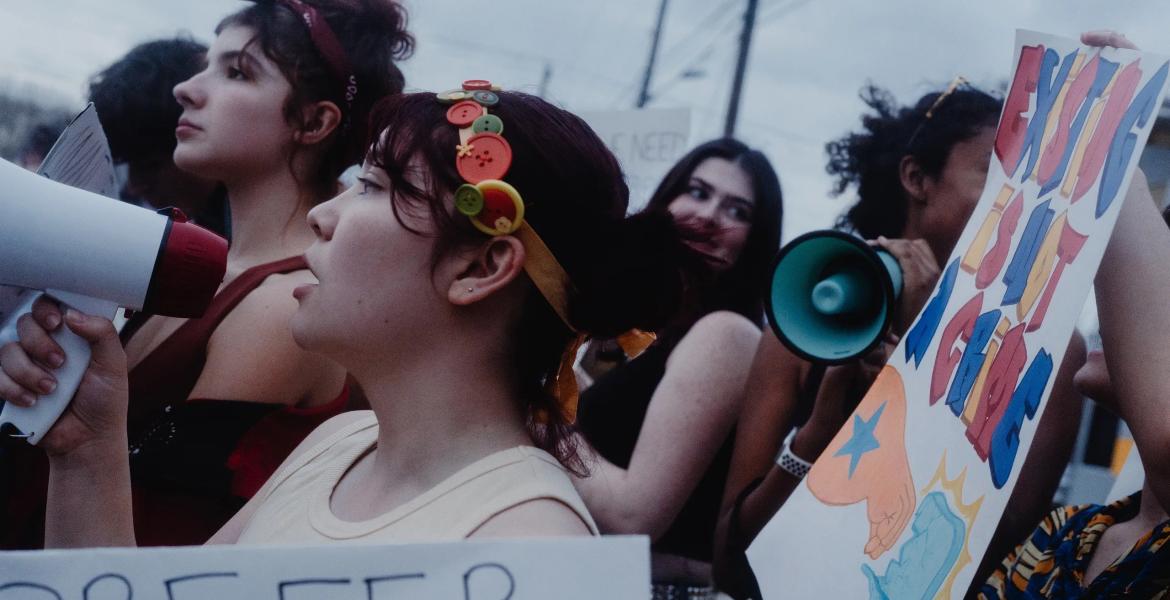The City of San Angelo City Council will take on what may be the hottest issue facing it during the second half of the year: Short Term Rentals, or STRs.
At issue are the dozen or so rooms to entire homes available for a nightly or weekly rental on websites like AirBnB.com and how city ordinances should view the sharing economy spurred on by these websites.
Renting extra rooms short-term is nothing new in Texas. Homes built during the Great Depression in Dallas, particularly north of downtown in the Knox-Henderson area, feature front rooms with a separate entryway. The homes were built that way to assure banks the home has income opportunities to help pay the mortgage. In today’s post-Great Recession era, however, banks don’t care as much, but the Internet has put income opportunities in room sharing on steroids. This has many citizens in residential areas wary of whom their neighbors are inviting next door.
They want the city to regulate them, if not ban them completely.
The city has skin in the game too. It doesn’t want to necessarily lose tax revenue, particularly Hotel Occupancy Taxes, or HOT. Many, but not all, STRs do not register with the State Comptroller and city, and do not pay the required taxes a hotel or motel does.
Popularity of STRs has been assumed to be centered on Lake Nasworthy. But a quick perusal of rooms and homes available on AirBnB.com for the weekend of Aug. 19 reveals nine San Angelo listings, and just three are on the lake. The others are in College Hills (tranquil restful room near ASU), or are with established and taxpaying bed and breakfast venues like Sealy Flats.
AirBnB.com uses its own ratings system to help its renters and landlords vet one another. If you get a bad review, presumably your chances to rent again are diminished. That’s not enough for many neighbors opposing STRs and they are organized and vocal, especially on social media.
A plan to regulate STRs was pushed through the City Planning Commission on April 18 that approved, by a 7-0 vote, proposed changes to city ordinances to allow STRs. But these changes will regulate STRs by adding language to the current regulations covering the operation of bed and breakfast enterprises within residential zoned areas of San Angelo.
The city council will consider whether to allow STRs with regulation with the first reading of the proposed ordinance changes Tuesday, Aug. 2.
What the ordinance changes do are:
- Define an STR as a dwelling rented for 30 days or less with single-family occupancy (and not allow college fraternity parties, but permitting up to six unrelated people to stay)
- No meal service
- Cannot host gatherings of more than 20 people
If an STR does not meet all of the above criteria, the rental is defined under city code as a bed and breakfast.
The proposed ordinance also:
- Implements a parking standard of a minimum of two off-street spaces with an additional space for each rented bedroom.
- Allows no more than two people per bedroom
- Outdoor gatherings limited to the hours between 7 a.m. and 10:30 p.m.
- No more than 20 people allowed at the gatherings.
- Furthermore, the city will inspect the STR facilities, and require HOT registration with the city and state (as this is already required)
- Requires an annual fire safety inspection
- A city planning dept. review of each STR, to include notification of surrounding neighbors, for each proposed STR
The Lake Nasworthy Homeowners Association hammered out the proposed changes in conjunction with the Planning Commission. The association voted to remain neutral in the city council fight, according to minutes of the April planning commission meeting, however. Trinidad Aguirre, who head the Lake Nasworthy Homeowners Association, said the association’s bylaws give it no authority to regulate STRs.
Another lake group led by Mr. Randal Schkade, a resident on Red Bluff Rd. near Lake Nasworthy, wants all STRs in residential zoned areas banned. He further suggested there be a non-binding ballot initiative to ban STRs completely, and, if successful, give STR operators 12 months to shut down.
Attorney Greg Gossett, a resident of the Nasworthy area also against STRs, wanted the entire amendment to the ordinance scrapped. He requested that STRs only be allowed on streets with a minimum width and to initiate a way to fine property owners if their STR is deemed a public nuisance at the April planning commission meeting.
Two real estate agents have differing views on the subject. Max Puello wants the issue to be decided by the homeowners’ association and, in general, for homeowner’s associations to regulate STRs. Max Puello spoke at the April planning commission meeting saying so, and asking the proposed amendment be tabled.
On the other hand, at that same meeting in April, Ms. Kandi Pool of the San Angelo Association of Realtors suggested that the ammeded ordinance text only apply for Lake Nasworthy, and not the rest of the city.
In San Francisco, AirBnB.com rentals have driven up the property values in Chinatown so much that original residents are protesting the owners of STRs for making living in Chinatown unaffordable. More here.
The ordinance to be considered Tuesday will provide citywide sanction of STRs, but with increased regulation. Since this is an ordinance change and not a zoning ruling, all that is required of council is a simple majority vote approving the planning commission’s recommendation that legalizes STRs.
Subscribe to the LIVE! Daily
Required






Comments
Listed By: Kay Tee
I'm all for the rights of property owners and Homeowners Associations. But before CoSA inserts itself into the issue of its citizens trying to subsidize their inflated property values (with relation to our actual current economy) I propose they produce an itemized accounting of where exactly the 7% tax of all hotel occupancy collected in the city over the last few years was spent, including the oil boom that drove record-high hotel rates and enticed billion-dollar corporations to invest millions in new construction and land development. Has anyone seen any infrastructure improvements or reductions in municipal service costs?
Me neither.
- Log in or register to post comments
PermalinkPost a comment to this article here: